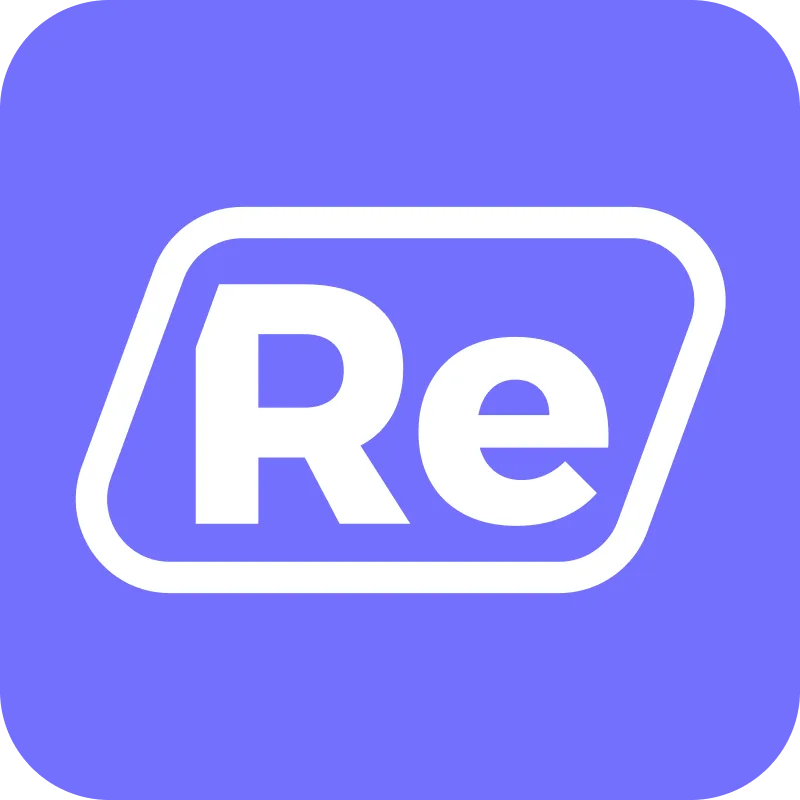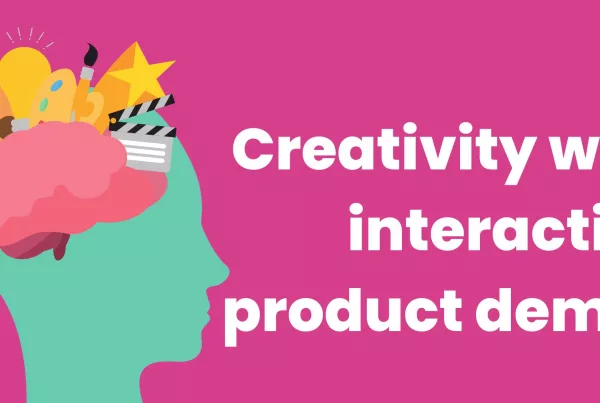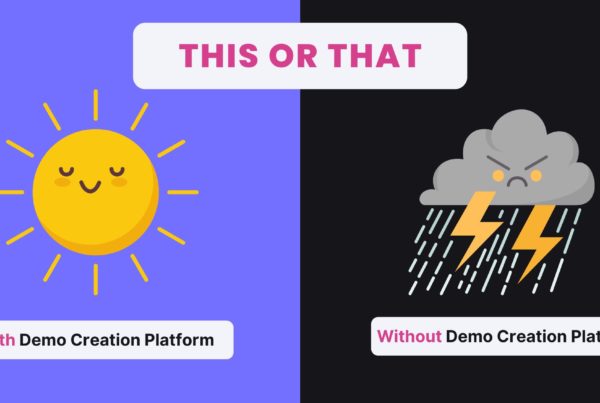As the CEO of Reprise, you might think I have a pretty traditional educational and career background. But I actually didn’t attend college at all – and that’s why we approach the hiring process and educational requirements a little differently here.
I recently sat down with our content team to talk about my non-traditional tech background and how that has helped us build a different kind of hiring process at Reprise.
Q: What did you do before you founded Reprise?
A: Before co-founding Reprise in 2019, I ran engineering, product, and design functions at Catalant Technologies. Prior to that, I was CTO and tech co-founder at start-up InsightSquared. I also ran a consulting firm in New York City and founded a few start-ups that failed – and taught me a lot! At the start of my career, I was a software engineer/team lead at Akamai.
Q: How did you get into the technology field?
A: I was lucky to get into as a kid. My dad was very tech-oriented; though he did it for fun and not for a living. I’d sit on his lap and type in code as a three-year-old, and I spent a lot of time in front of his Sinclair ZX80.
From there I started programming on my own. I collected programming books and magazines. By the time I was 13, I was helping people with programming contract work. One of the contracts I did was for a local college professor who was writing a calculus textbook. I helped him create all the simulations to accompany the book. I did take one AP computer science class that introduced me to the theory behind the programming I was already doing, but for the most part there weren’t junior high or high school classes available on programming at the time so I had to learn on my own.
Q: What was your first full-time job in tech?
A: Right out of high school, a friend got me a programming job at Omega Engineering. I found being a corporate coder is very different from coding for fun. After a year there I went to Columbia House Records, and then joined Akamai.
The five years I spent at Akamai was an incredible experience. I took a radical amount of time just studying everybody and everything, and felt fortunate to work in a place where strong mentorship was available even without a formal mentorship program. Watching geniuses do their thing is an amazing tool for learning. I was 20 years old without a college education, and working on a team with 36 PhDs, learning how the people around me made decisions.
I’ve always been an extremely curious person who wants to know not only the answer but how the decision was made and how various people would make the same decision, and I really got to satisfy that curiosity at Akamai. My time at Akamai also helped me determine what I still needed to learn in the field and what help and mentorship I would need to seek out to be successful.
Q: How has this experience affected how you hire at Reprise?
A: We’re focused more on hiring people who are curious and capable of getting to at least the next two stages of their career. Those capabilities don’t necessarily need to come from earning a college degree, but it is a useful tool for most people.
In programming, you don’t necessarily need to follow a formal path, especially because software engineering is still a nascent field. We don’t know what will make a successful engineer 5 years from now, much less 20 years! When I was in high school the majority of programming education was rooted in computer science, which tends to be more theoretical. The more practical path of hands-on programming education is still very new.
I would say at Reprise we are not pro- or anti-college; we’re college-agnostic. You need to have exposure to many different subjects to allow you problem-solve in a creative way, and college is often a good way to get that experience. But if you’re a naturally curious person who likes to explore both within your vocation and outside of it, and you’ve created opportunities on your own, we’re not going to hold the lack of a degree against you.
Q: Any additional advice for applicants who don’t have a traditional educational or career background who want to work in tech?
A: College is an appropriate tool for many people – it’s just not the only one.
Part of taking the non-traditional path means having a sense of humbleness and understanding that there is a traditional path, and there’s no one right way to do it.
The knowledge you need to succeed in tech is still attainable even if you didn’t take the traditional path. It will require more experimenting and actively seeking out experience, as well developing a growth mindset that allows you to learn from your mistakes and failures. Gaining knowledge doesn’t begin and end with college – it’s a constant process throughout your career no matter how you get there.
Photo by Brett Jordan on Unsplash






